

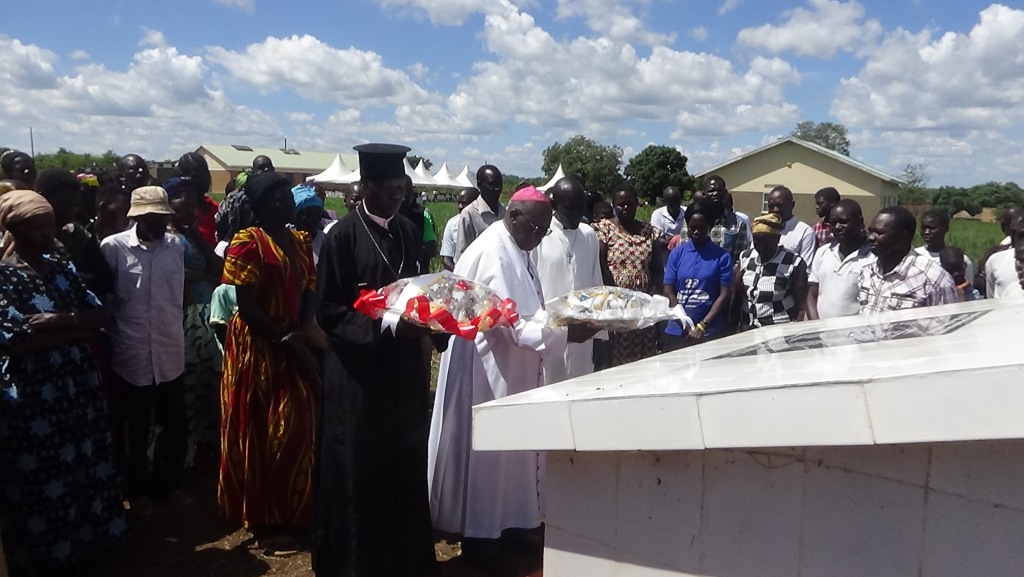

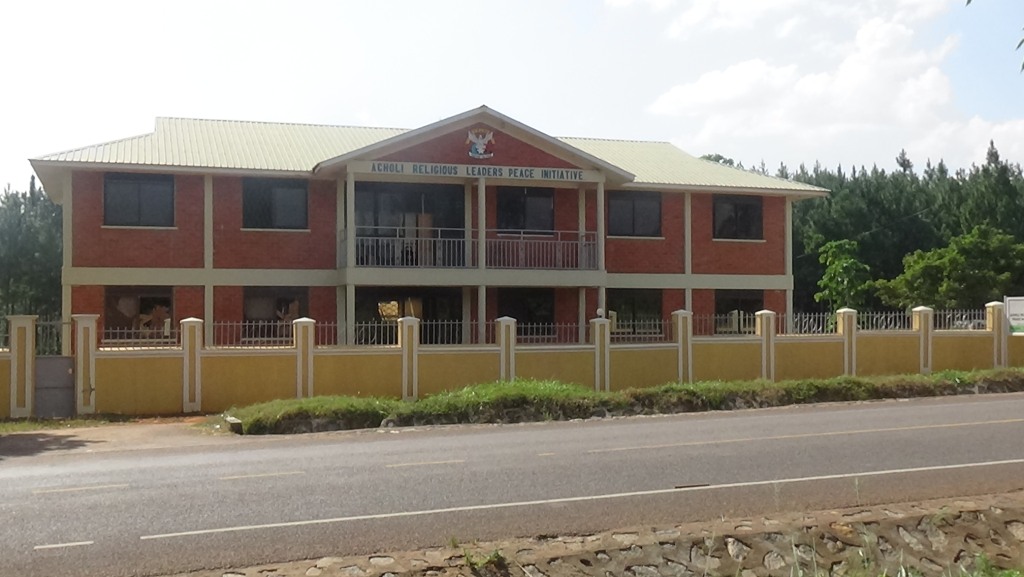

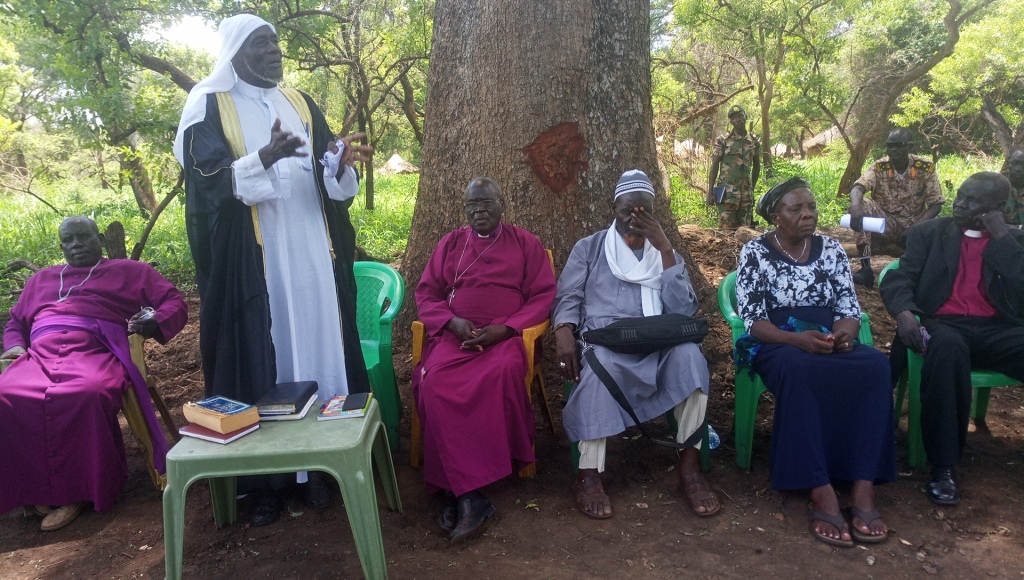
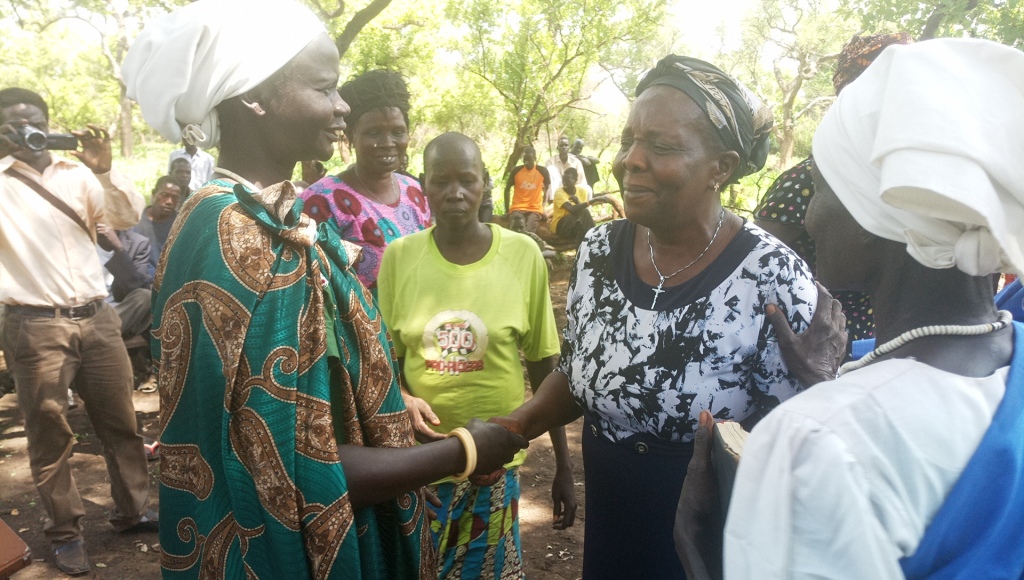
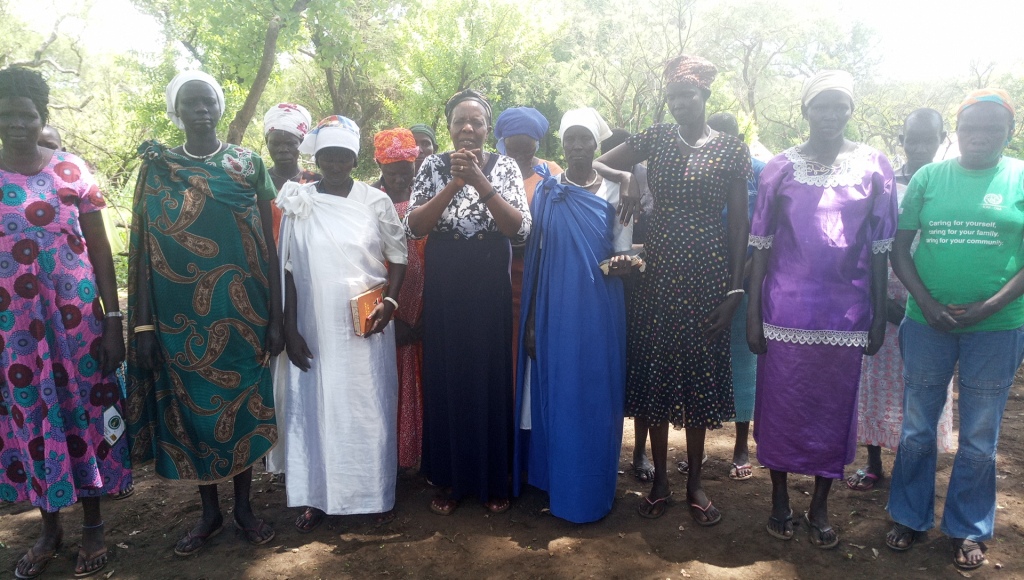
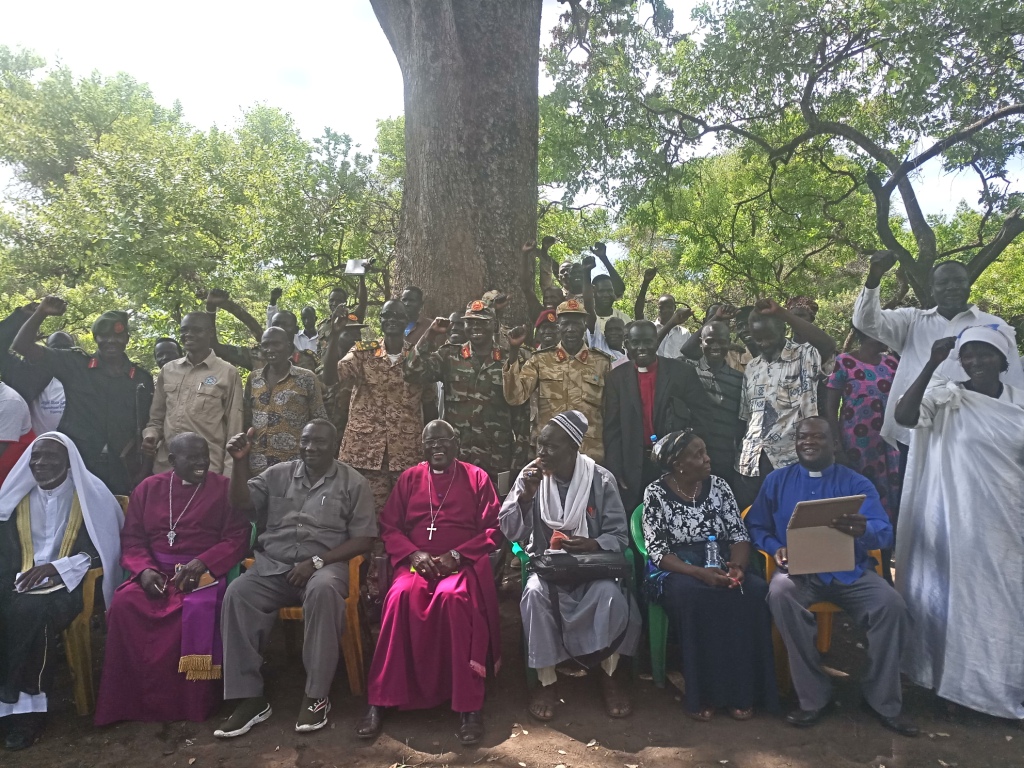
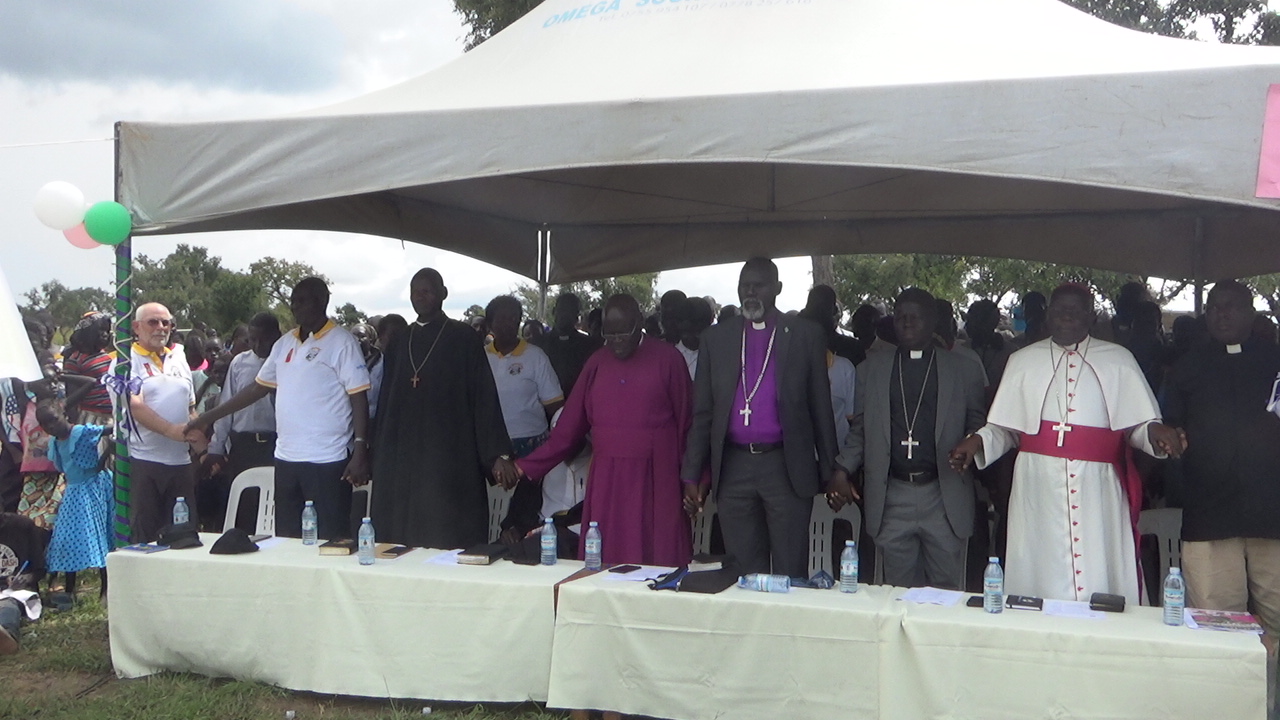
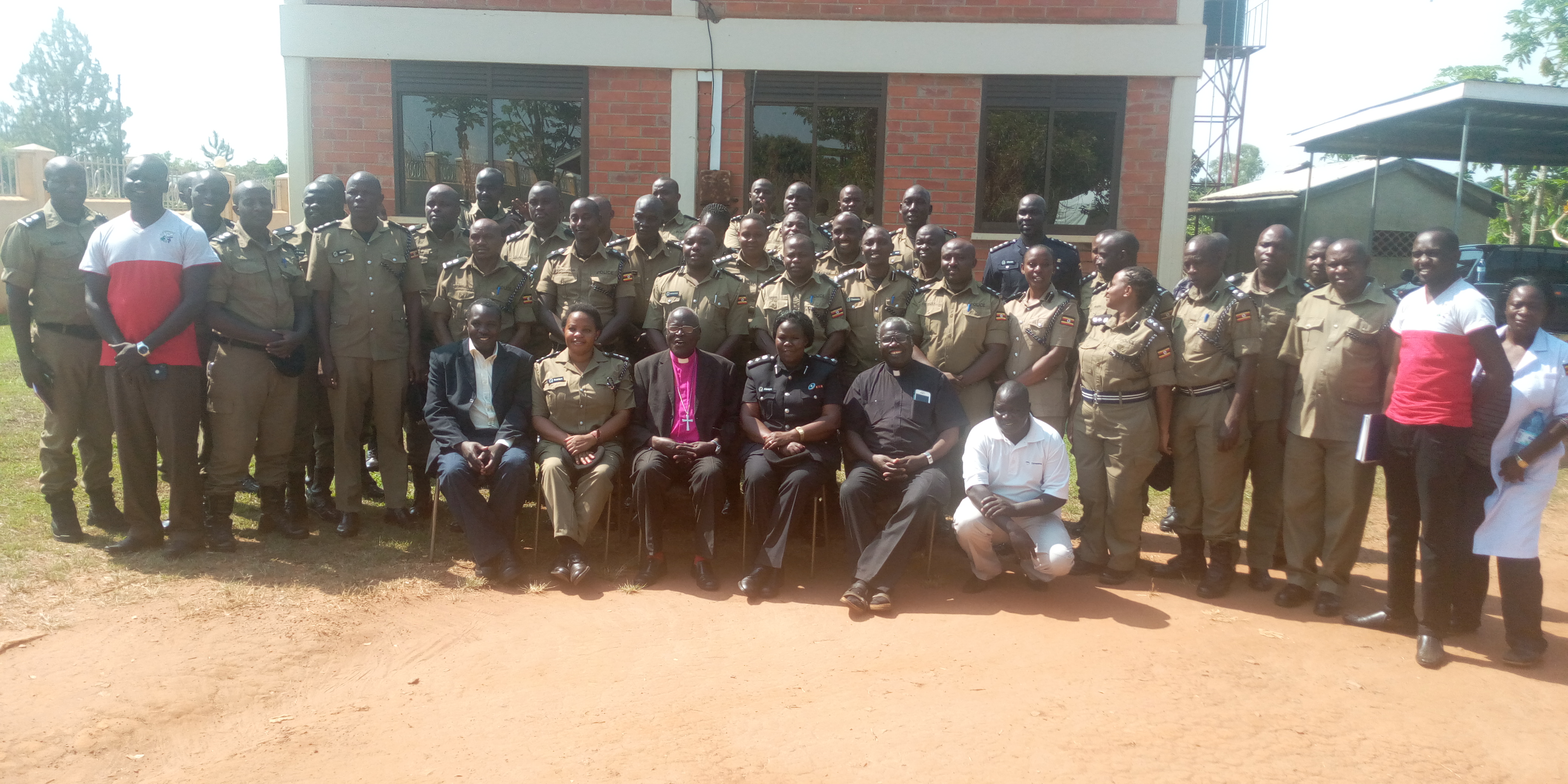
ARLPI’s directional vision has been restated as to see:
"Harmonious co-existence of people within Acholi and beyond"
With a tagline:
"Together for Peace"
To achieve the vision set out, ARLPI has reformulated a mission statement that seeks:
"To promote harmonious co-existence within Acholi and beyond through use of non-violent approaches"
|
ADR - Originally the letters "ADR" meant "Alternative Dispute Resolution" referring to a range of dispute resolution processes, which were alternatives to the traditional litigation in the court system. Overtime "ADR" has also come to mean "Appropriate Dispute Resolution" referring to not just the range of processes but also the selection of the most appropriate in particular circumstances. "Amicable" has also been proposed, to stress the non - adversarial objectives of ADR. Perhaps "Accelerated" should also be adopted since ADR leads to accelerated dispute resolution in most cases. Detractors of ADR quite often refer to the acronym as yet "Another Dispute Resolution" mechanism, meaning complimentary to litigation.
JUSTIFICATION AND BENEFITS(WHY ADR?): The debate continues about the real purpose and justification of ADR, but there is a consensus that one of the goals of ADR is to provide choices for the effective and effecient resolution of disputes. To appreciate the benefits of ADR, it is important to restate what courtroom litigation actually does. Courtroom litigation in most cases is, time-consuming, frustrating, technical, rigid to strict procedures, intimidating, adversarial in nature, extremely stressful, expensive and does not always provides the best results, not so confidential and parties lose control of the process. ADR provides answers to all these by offering for the settlement of disputes, flexible and convenient forum, fast settlement at any stage of the dispute including appeal stage, active involment of the disputants themselves and meaningfully satisfactory results. In simple terms, ADR; 1. Saves money because it is cost effective 2. Saves time - ADR may be used to resolve disputes at anytime a case is filed in court including appeals. In the United States, UK and Canada, ADR is in full practice at the court of appeal to settle cases. 3. Offers confidentiality - ADR is strictly confidential and nothing that take place at the mediation is admissible at the court of law, should ADR fail to settle the dispute and the parties litigate in court. 4. It is user-friendly and offers more control to disputants to reach amicable settlement. The process of mediation for instance, is such that it is the parties themselves who come to agreement. They draw the agreement they come up to. It will be drawn by the mediator only of they specifically request him to do so. 5. Its procedure is cost effective and user-friendly. 6. Use of neutral third parties where parties have a choice. 7. Allows flexibility - mediation process is not bogged down by strict compliance with court rules. The rules applied are simple common sense, logic, equity and rules of trade or business of the parties. A party dissatisfied with the process may apply to court for trial. 8. Provides finality of solution to disputes - when the parties reach an agreement, it becomes a contract that is binding on them, like any other contract. They may reduce the agreement into writing. They may send it to court to be entered as a consent judgment, if they so desire. Consent judgment is extremely difficult to set aside. 9. Helps avoid bad publicity associated with courtroom litigation by which litigants wash their dirty linen in public. 10. Fosters reconciliation, peace and harmony by generating options, saving relationships and providing undoubtedly satisfactory results to disputes. 11. Provide meaningful justice to litigants at reduced cost. 12. Effectively supplements Courtroom litigation by reducing the piling up of cases in the court which would otherwise create backlogs. 13. Help to decongest prisons, by the use of mediation in transformative justive (plea bargaining community service). 14. Help lawyers to have their cases disposed off early to ensure their regular or certain income. 15. Provide a fertile ground for selecting interested lawyers for appointment to the bench. Provide active occupation for lawyers who may choose to retire or retired judges who may wish to occupy their time by mediating on cases instead of idling around.
Mediation Conducted by ARLPI The land conflict was between Akello Pilimena and her immediate neighbor Apat Pauline daughter of the late Rudolfo of Laminatoo village, Agonga parish in Koch Goma sub/county was successfully mediated by ARLPI. Akello Pilimena of Laminatoo village, Agonga parish in Koch Goma sub/county has been so distressed for over two years because of the bitter relationship between her and her immediate neighbor Apat Pauline daughter of the late Rudolfo who had given them this land to live on back in 1980's.The relationship has been so bad that even when her chicken, goats, pigs cross over to Pauline's home, they get stoned and sometimes killed, so bad that it has made life almost impossible for her and her children.
How it all started; The husband of Akello Pilimena was given land by Rudolfo because he was one of the first teachers of the only primary school in this village so he could reside near the school with his entire family. All this was out of good will and friendship. The two families lived in harmony until recently in 2012 after the two friends had both passed away. One of the daughters of mzee Rudolfo by the names of Apat Pauline who initially lived in Gulu town all this while decided it was time to go and settle on their ancestral land and engage in agricultural work. When she went back home and started constructing a hut, Akello Pilimena was not pleased with the developments around her even when this land was given to them out of good will by Rudolfo the father of Apat Pauline. The two families that once lived in harmony now became enemies to each other and this extended to the children who had started fighting among themselves, simply because back then boundaries were not well demarcated but gardens belonged to families and were respected. After series of quarrels and fights, Akello reported the issue to the local leaders (Rwot Kweri) of the area who tried his best to help resolve the issue but nothing changed. He later invited the elders of the village to help the two families. The elders tried to demarcate the boundary but this was not respected by Akello Pilimena and she went ahead to cultivate in areas which was not belonging to her.Becuase she no longer respected the family that had allowed her husband to settle in this area, instead she wanted full control of the land without any regard for the original family members. With the help of the peace committees the issue was reported to the office of the LC111 because of the rising tension between the two families. The chairman LC111 then requested ARLPI to come in and help to which the two parties agreed since they had tried all the local leaders and failed to reach an agreement. We the ARLPI team and the LCIII of the sub county, with the help of local leaders and neighbors who know the area very well guiding the process. The family of the Late Rudolfo suggested that a clear boundary be put between the two families to avoid any occurrence of violence and quarrels and that they had had enough of bitterness. Akello Pilimena and her sons also agreed that for peace to prevail, boundary demarcations has to be done in the presence of all that were part of the mediation and vowed to respect the decision made by the local leaders.
Akello Pilimena, extreme left pointing at what she believes is the boundary of her land in the presence of the LC111, elders and neighbors. After the boundaries were verified, trees were planted to avoid any occurrence of violence in the area among the two families. Above, the widow of Rudolfo on wheel chair gives an account of how this land was initially used communally without any quarrels.
|



All Rights Reserved: © Arelpi